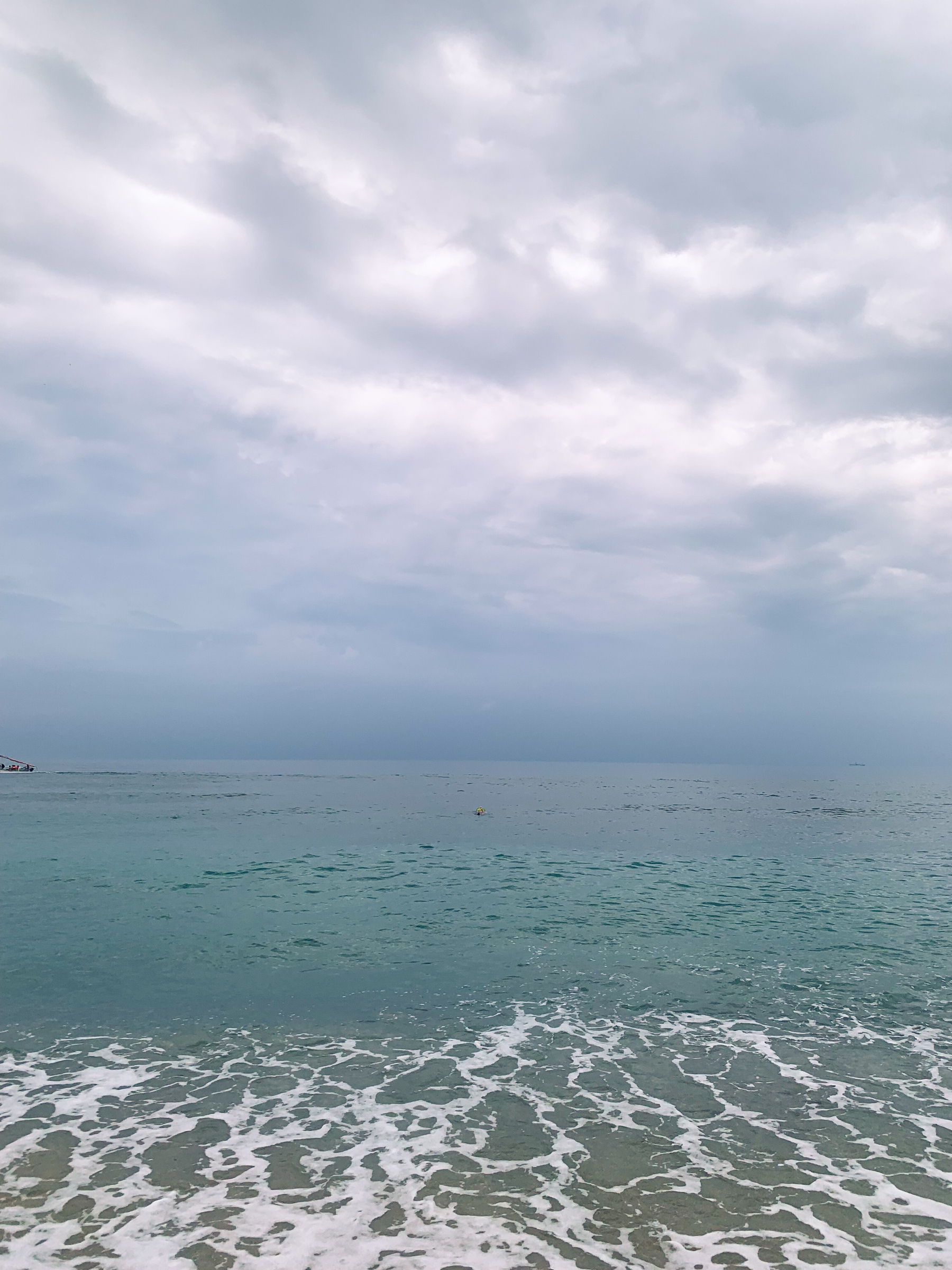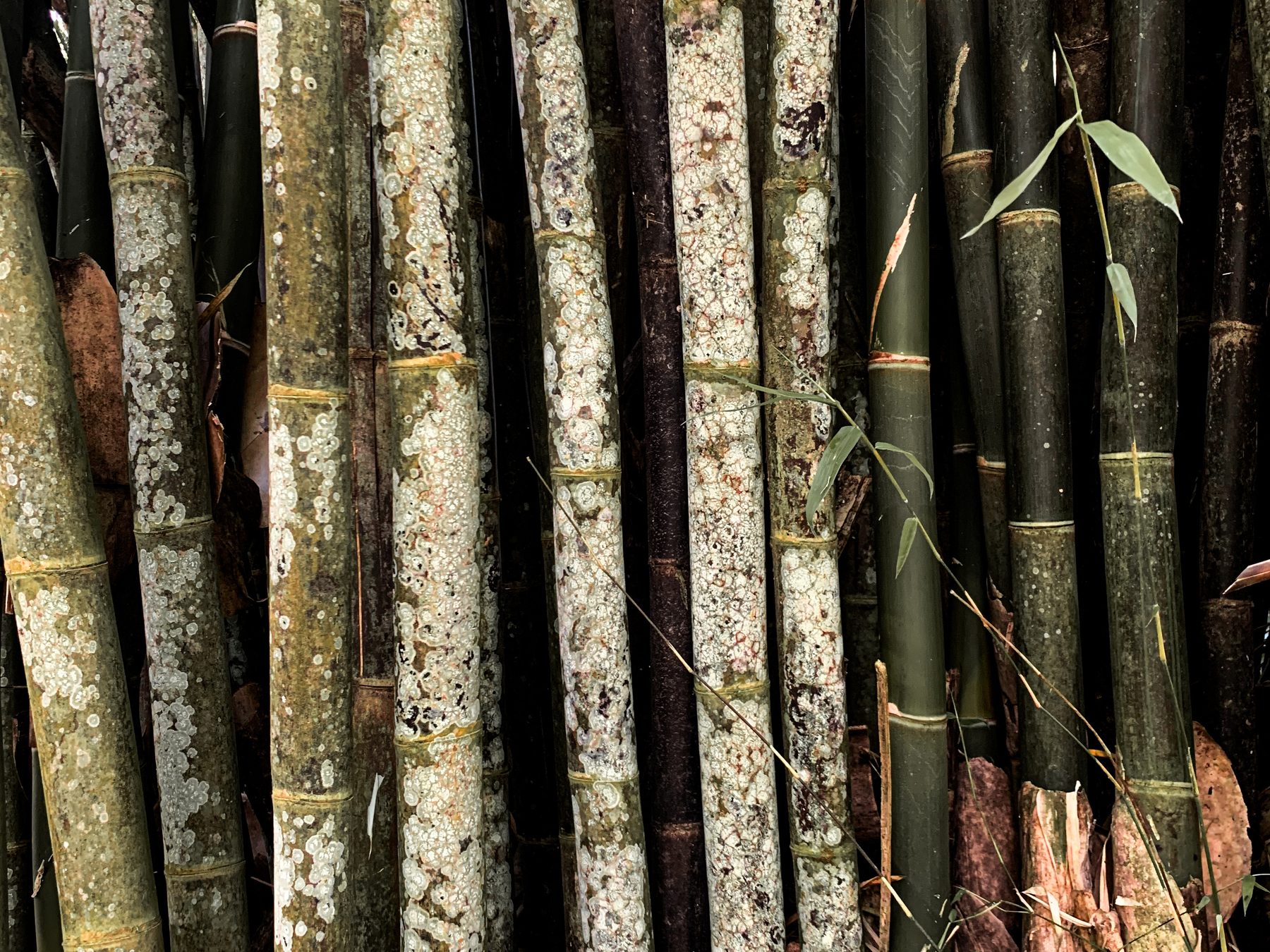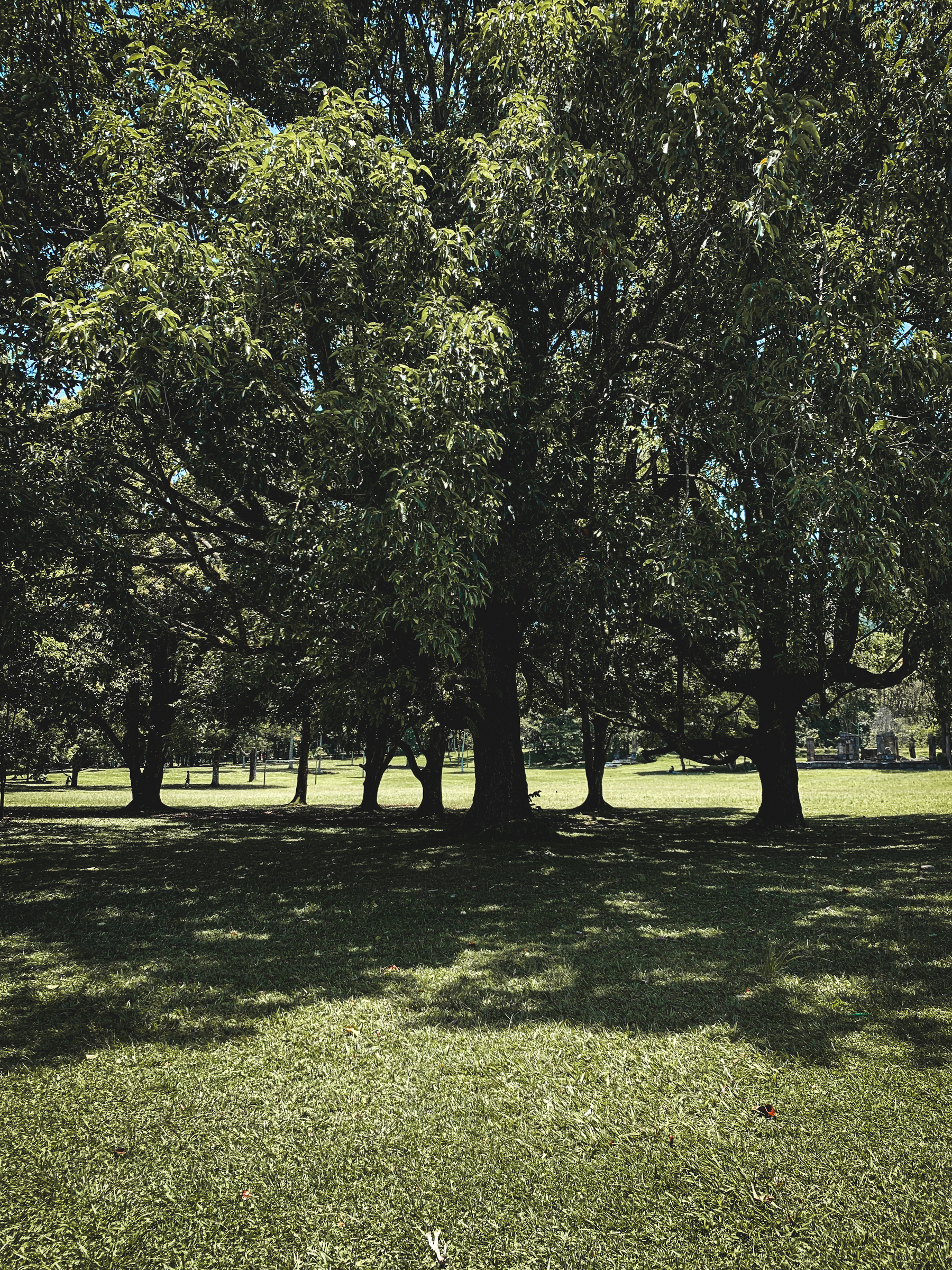Socrates: (cont.) and then out flows a throng of things such as Gorgons and Pegasuses and multitudes of additional impossibilities (a-mechanos) and of such things giving birth (phuein) to placeless (a-topia) storytellings of monsters (teratologos) . . .
//
καὶ ἐπιρρεῖ δὲ ὄχλος τοιούτων Γοργόνων καὶ Πηγάσων καὶ ἄλλων ἀμηχάνων πλήθη τε καὶ ἀτοπίαι τερατολόγων τινῶν φύσεων
//
Plato coins “teratologos” from teras and logos; teras means a sign, marvel, wonder, divine sign, omen, portent, or monster. So teratologoi are words, accounts, stories, arguments, or reckonings about signs, marvels, wonders, divine signs, oments, portents, or monsters.
//

coverage //
Socrates: (cont.) for no other reason than that for him it’s necessary after this to straighten out (epanorthousthai) the form (eidos) of the Hippocentaurs, and then again that of the Chimaera,
// 229δ
κατ᾽ ἄλλο μὲν οὐδέν, ὅτι δ᾽ αὐτῷ ἀνάγκη μετὰ τοῦτο τὸ τῶν Ἱπποκενταύρων εἶδος ἐπανορθοῦσθαι, καὶ αὖθις τὸ τῆς Χιμαίρας
//
pink non eraser
under fan
ceiling
by socks or slippers
whispers inside the softest rain
disordered bee
bonnet be let out
two dimensions on a wednesday
piece of obsidian, cool in hand
her dilating pupils
her pink paper sand
clawless pawing my pencil
.;,,32wu8x
pathomistry traces oily
whiff papyral
//
catspoon
container
//
Socrates: (cont.) yet they belong to an exceedingly terrible (deinos) and laborious (epiponos) and not altogether (panu) fortunate (eutuches) man
// 229δ
ἐγὼ δέ, ὦ Φαῖδρε, ἄλλως μὲν τὰ τοιαῦτα χαρίεντα ἡγοῦμαι, λίαν δὲ δεινοῦ καὶ ἐπιπόνου καὶ οὐ πάνυ εὐτυχοῦς ἀνδρός
//
anywhere but poppies
it’s there
her pane of a window
passing passages
the passing offer to carry
ten thousand atomic lighters
black specks on a braid of challah
or liberate sweet nappers proper
a chilli-laced hotpot, shiitakis, bok choy
garlic, in the valley of compost boxes
loose her transportive reliquaries, poultices
dank delicious opacity compressed of air
silkworms for the mundane pocket
warm pillow for docket signifiers
fingertips heavy with tawny heads
inky notations with nowhere there
to fly, but into the measure, slightly high
pitched on a dry stone wall, for her
a pinkish reddish hazy third, with leaves
to breathe, past purple on the milky way
eclipse, her eyelid, her lippy friend
seamless tracing moving core
//
🌗
winter under wax & wick bottled
winter under wax
on church circle, dark december in the upstairs bar
a brass banister slides under my pink merino glove
words quiet, two or four of us at a mahogany table, hunter
green and a glass globe of spiced amber medicinal
or new years post-midnight, lit sobranie at the window
my flat over the cobalt classy resto where i worked
high-waisted and fetching wine for devil’s cash from tourists
my slanted bedroom walls still blue for my boss’s baby
alone finishing a bottle of champagne with poetry
down gazing over main street empty, marketed, icy
and lantern halo; uphill from the glossy wavering city dock
of Annapolis sleeping under the falling snow
in great hall, a baby grand conceived her toasty fingerprints
you found me there, immersive conjecture duo lingual
brought me back to your apartment, requested we tango
through leggy glasses of burgundy whether i broke a heart
doorways into sympathy revolving thresholds of regret
fellowships unbraided by such shallow recklessness
the turning years a blur between slow burns of clarity
or tether to a substance so precious it couldn’t endure
and was sanctuary sweet, i ask at the temple of winter
retasting an icicle of rarity until it self-sealed under wax
and aged like honey; when all around it had decayed
knotwork to dust, the bitterness of ashes and Egyptian sun
//
wick bottled
wax profane
waning lunar
wick bottled
yes
and i, old lady, lug down
but 61 ivories from the loteng
dear i’m sorry for these years
pyramidical procrastination
now
are they enough
for journey to Jeddah
//

lichen et alia //
adding a note that Pharmakeia’s triptych, especially the part entitled “big girl”, was written in response to this glorious depiction of a windmill and the accompanying poetry; because without the windmill (glorious) a reader might miss the Don Quixote tether, and the thought of that made me sad.
i first read Cervantes' novel in college; Madonna and Man of La Mancha are both nostalgic cultural moments from my childhood; Pharmakeia reaches for the latter—
I see heaven when I see thee, Dulcinea
And thy name is like a prayer
An angel whispers, Dulcinea, Dulcinea!
presently weeping luteal for an old man’s impossible dream. happy pmdd! <3
//
Socrates: (cont.) and in this way it ended up (teleutein) said that she came to be (gignomai) carried away by Boreas
// 229ξ
καὶ οὕτω δὴ τελευτήσασαν λεχθῆναι ὑπὸ τοῦ Βορέου ἀνάρπαστον γεγονέναι
//
Pharmakeia’s triptych
trippy destiny
true story: in her salad bruising days
her myspace name was like a prayer, Pharmakeia
the profiled face was drawing of a death
cap mushroom; well, consistency
and every day a salad day
and every day un po’ di morte
today, when sniper scopes an urban label
the same shaded and subtle botanical
renderings pop up from top of neon heap
left truffles for her canny little pig
for snorts and tickles, yet
a fact; and do you trust it
//
what marriage
the maskmaker who daily carries her
drew sigil gold and black on brown bag paper
Al-Lateef—his soft likeness sleeping by her pillow
beloved names for her beloved way
what reck does come to find
what wreck that came to ground
as travelers witness landslides and inundations
upheavals that by eagle’s eye the aftermath
counts losses, failure, countlessness; what hand
to brush a tawny cow, her long-lashed eyes
what blinded word to see
what marriage of then and now
//
big girl
she sees, by name, the blue of heaven’s white
behind how obvious a giantess
the light, the light, it hurts to look at it
so brightly shines a lofty signature
built body born from Isis warm
and catching form her dulcet veil
some Aphrodites are, it’s said, too tall
to be from brick wall read, too high to see
by tools of masonry; how broad her arms
great fools embracing sky of marbled earth
her reckoning like reckless love
big girl logician
//
🍄
Socrates: (cont.) then i would wisely (sophein) declare that it was the wind itself of Boreas that thrust her down from the nearby rocks as she was playing with Pharmakeia
// 229ξ
εἶτα σοφιζόμενος φαίην αὐτὴν πνεῦμα Βορέου κατὰ τῶν πλησίον πετρῶν σὺν Φαρμακείᾳ παίζουσαν ὦσαι
//
Pharmakeia is not associated with a known mythological figure; her name means drug, remedy, poison, or witchcraft.
//
re invited / over hung
well Lady Dionysia, re invited
in his season of sacrificial eyes dilated
regal and settle on spilled contents of purse
the messy desmudging scene in the mirror
shrugs
re selfie up reckening too sour & sweet, ordinary
melted candies mixed crispy noodles, common
self wrecked reflux re bilious, re typical
up curdled and scarlet venereal, my old
porcelain friend
encore, shredded mini still twists in the corner
her demon skin shimmying, re woken wasted
and wrestling names in the kayfabe reflection
skin sizzle, sexy sorry, acid re self surrection
and not Jesus
or Mary
over hung
and rollover
the cat scratches, blinks, laps pink paper sand
paws curious and fickle underwire boy toy
hooks prophesy like prey, her next skimpier suit
barely feathered and nude in the pitiless bush
says you will not die, but you ever mistrust
it’s not poison, flushed affect of purpling fruit
some feral double is trying on her rings
Pharmakeia re titrating musical things
as ripening earth is animal
angel yet
//
🌖
//
(for disclosure
i quit alcohol like
back in the teens)
**edited to capitalize the “L” in “Lady Dionysia”
Socrates: well if i distrusted, as do the wise (hoi sophoi), then i wouldn’t be placeless (atopos)
// 229ξ
ἀλλ᾽ εἰ ἀπιστοίην, ὥσπερ οἱ σοφοί, οὐκ ἂν ἄτοπος εἴην
//
if not, xmas
I. fuck Sean Combs
headlice scratching
is garbage gothic like
urban mosquitoes
softballing curses
fuck Neil Gaiman too
on behalf of decent goths
other things said: sister, i know
you know a tall stupor too
like gutted up measured
rage, i’ll pour you tea
and tell you it’s whisky, if
you need empty or harder
i’ll give you my mask
i won’t even look
or obviously touch
a much drowned witness
when sunken city found
on too traceless tracys
rage, this harp is yours
sofa, word of an angel
bed, wish by a sigil
out winging like Ajax
the greater, vintage & archive
party discourses natal
twelve salt dissing courses
won’t tire her horses
bit ironies of Christmas
dirt snow glitter chain
gutter drain service entry
and no such thing as no
red-bottom chariot and pony-
tail hair, projectile vomit
acid tongue at the crossroads
an orphan army of kunai
invective & lashing 4 trash
Erinues down the river
//
II. if not, xmas
missing body
if a hinge
if a fold
in the cold
could hold
if not, xmas
//
III. pink parasol
is she meditating subtly for or
against me, this extraordinary tree
is her shady cooler or desiring me on
her radiant day of rest
if all the mended earth could be a bed
made lavender to fit her silent shadow
rough linen-covered pillow for a dream—
or both my heads grove bother
as she was oiling glass to sleep last night
trapped in the loudest windows of my head
her muscles pacing trafficky and sore
rewinder daily but more
and Jeki caught a mouse, that pitter-patter
crossed exposure with a vengeance, like
the summer used to blind and burn me, so
i veil, i veil, i veil
increasing constant collection of hats
my polarized knockoffs make me famous
pink parasol for pointillism in the park
to cover ankles, hands
and when i see her at the museum
like pastel whiteness for nobody happening
together all alone, closer with drawing
a disappearing lady
//
Phaedrus: truly (alethes) the strongest way for me, by far, is to speak however I am able; as you seem to me someone who will in no way let me go, until I say something or other
Socrates: since i seem entirely true (alethes) to you
Phaedrus: therefore, so shall i do (poie-o). and really, O Socrates, it’s mostly that i haven’t thoroughly learned the sayings (rhema); but actually the thought (dianoia), of nearly all the ways he asserted that the lover (era-o) differs from the non-; I shall go through the chief points of each in order, beginning from the first—
Socrates: if you would first disclose, O friend (philotes), what it is you have (echo / echis) in the left hand (aristeros) under your cloak. for i guess that you are holding the speech (logos) itself; and if this is so, then think (dianoe-o) about me in this way— that while i love (phile-o) you completely, if Lysias too is present, it hasn’t seemed completely right to supply myself for you to practice on (emmeleta-o); but come on, show it! (deiknumi)
Phaedrus: stop! (pau-o) you’ve beaten me back (ekkrou-o) from my hope, O Socrates, that i would get to exercise on you; but where do you wish us to sit down and read? (anagignosko)
Socrates: turning aside there, let’s go along the Illissus; and then we’ll sit down wherever it seems (doke-o) to be in a stillness (hesuchia)
Phaedrus: good timing (kairos), it seems, that i happen to be barefoot; of course, you are always; so it’s easy for us to go down the little river getting our feet wet, and not unpleasant, especially at this season of the year and hour of the day
Socrates: go ahead then and look for anyplace we might sit
Phaedrus: then do you see that lofty platanos tree?
Socrates: well, what?
Phaedrus: there is shade there and a measured breeze (pneuma), and grass to sit on, or if we wish to lie down
Socrates: if you would lead
Phaedrus: tell me, O Socrates, isn’t it from someplace here by the Ilisus, it’s said that Boreas carried off Oreithyia?
Socrates: so it’s said
Phaedrus: isn’t it from this place? anyway the waters appear graceful and clear and transparent and made (epitedeios) for girls to play (paizein) beside it
Socrates: no, but some two or three stades down, where we cross over toward the one in Agra; and somewhere around there in that spot is an altar of Boreas
Phaedrus: i’ve never really thought about it; (noein) but tell me by Zeus, O Socrates, are you persuaded that this myth-speech (mythologema) is true?
the river lapis lazuli
no, O shining one; blue is not that place
where winter did reach down with hoarfrost arms
bent bones to bruise the springtime of your face
and turn bare beauty’s promise into grief
real damage there was done; i can’t pretend
my drunk neither forgets, nor lying, amends
that hunting season waiting down our tears
cool river measures turquoise, there to here
still no; blue shall not sing by Tristan’s chord
raw wounding round its thralling emptiness
how many months hungering that underworld
she spends, grave daughter, eating bitter ashes
if she is me, let sapphire be my child by you
whose ugly was the laughing sky of love
my labyrinth, your golden through-and-through
soft multitudes, the movements of your dying
and no; your course was not a trap for girls
exquisite river lapis lazuli
blue hemlock was your legendary cure
a momentary how it is, it is
azure, just piece enough for memory
what graces by your leaves still green in me
this grove might tender shelter; with blue to show
by silence of the tree who names it so
//
selamat purnama 🌕
//
& ten candles
on my horse loverly
logician patrician
still finishing his still
blue earthy pastel
for brave accompany
her genus differentia
mycelia mysteria
her lightest touches
dear puffins, potatoes
& tatami gauze
//
